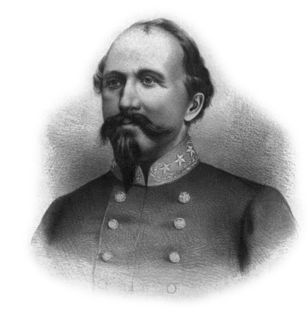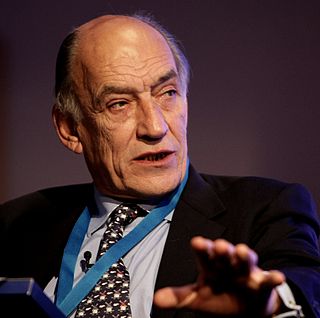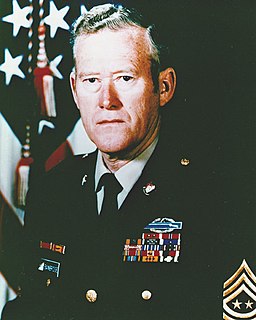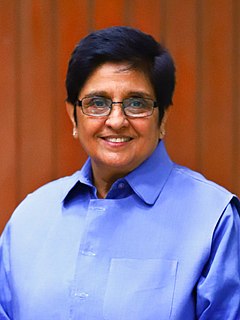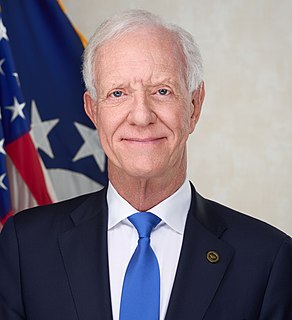A Quote by John Hunt Morgan
It is made the duty of every Commanding Officer in the Department, to arrest and send to these Headquarters, under guard, every officer or soldier who may be found absent from his command, without the regular leave in writing, prescribed by Regulations and General Orders.
Related Quotes
The goal of the corps of NCOs, whose duty is the day-to-day business of running the Army so that the officer corps has time to command it, is to continue to improve our Army at every turn. We want to leave it better than we found it. Regardless of the kind of unit you're in, it ought to be an "elite" outfit, because its NCOs can make it one.
No person shall be restrained of his liberty but by regular process from a court of justice, authorized by a general law. . . . On complaint of an unlawful imprisonment to any judge whatsoever, he shall have the prisoner immediately brought before him and shall discharge him if his imprisonment be unlawful. The officer in whose custody the prisoner is shall obey the order of the judge, and both judge and officer shall be responsible civilly and criminally for a failure of duty herein.
He was a foe without hate; a friend without treachery; a soldier without cruelty; a victor without oppression, and a victim without murmuring. He was a public officer without vices; a private citizen without wrong; a neighbor without reproach; a Christian without hypocrisy, and a man without guile. He was a Caesar, without his ambition; Frederick, without his tyranny; Napoleon, without his selfishness, and Washington, without his reward.
I was on an army show, and in the army - especially in Korean culture - there's a very, very strict hierarchy. Obviously, you would not talk informally or disrespectfully to your commanding officer. But me, in my limited Korean, I basically told my commanding officer, 'Thou shalt forget!' The Korean public thought it was really funny.
So many able writers have shown that the unjust institutions which work so much misery and suffering to the masses have their root in governments, and owe their whole existence to the power derived from government we cannot help but believe that were every law, every title deed, every court, and every police officer or soldier abolished tomorrow with one sweep, we would be better off than now.
My father volunteered in early 1941, before Pearl Harbor, and became an officer in the U.S. Navy. As I was growing up, he taught me the responsibility of command: A leader is ultimately responsible for every aspect of the welfare of people under his or her care. That was a deeply felt obligation in his generation.
